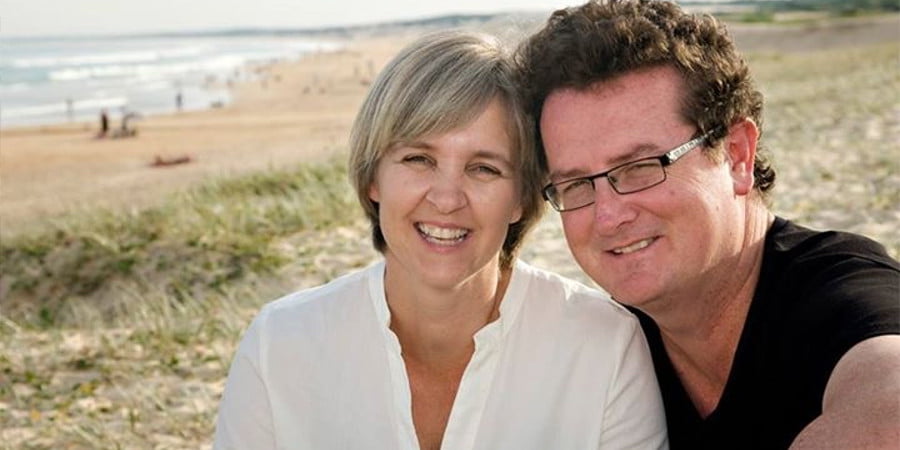People sometimes wonder whether there is a grand purpose behind their suffering. For me that translates to whether there is some divine purpose behind my Parkinsons? I don’t think there is. I live in a world that is fractured and broken. That brokenness is, in part at least, the result of sin and evil, two realities that are chaotic and disordered. And when you live in that type of a world bad, painful stuff happens. By it’s very nature there is no rhyme or reason to it.
To believe there is some higher purpose to my disease I’d have to believe there is a higher purpose to the child who dies of starvation or the woman who dies during childbirth because she can’t afford medical care. And that would make God a monster.
When Jesus taught us to pray, he included this line
[quote]Your kingdom come, your will be done, on earth as it is in heaven[/quote]
This assumes that God’s will in not presently done on earth.
The God I believe in is the crucified God, the God who lived among us and was subject to the same mundane chaos as the rest of us. He got sick, got rejected, got crucified. He was subject to the chaotic and disordered nature of evil. Certainly, when he became incarnate God knew he was subjecting himself to evil and that there was a good reason for that, but it doesn’t alter the chaotic and mundane nature of the evil perpetrated upon him.
In the same way, I don’t think God designed for me to get Parkinsons but I do think it’s God’s intention that I live purposely with it and whatever else life may throw my way. And I do believe that God will be present with me each step of the way.
The God I believe in is also the risen God, whose resurrrection signals his determination to rid the world of chaos and disorder, to make everyone and everything new. That is something I am looking forward to.






This is a wonderful reflection Scott. Thank you for posting it.
Thanks Steve
Yes!
I came to much the same conclusion when I was diagnosed with cancer. It is actually liberating not to have to discover the secret purpose of everything or pretend that unexpected benefits that arise from situations of suffering somehow explain or justify the situation.
Thanks for sharing Byron. Sorry to hear about the cancer.